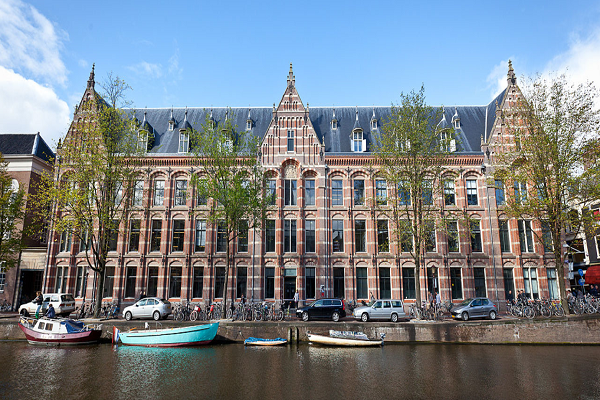University of Amsterdam: New University of Amsterdam gas contract
The University of Amsterdam will be switching gas suppliers from 1 January 2023 onwards. The switch is necessary because current supplier DVEP is withdrawing from the Dutch market and is not entering into any new contracts. The gas crisis will push up the costs of our new contract, and new energy-saving measures will be introduced to limit costs. This gas crisis is also highlighting the need to increase our sustainability, and we will simultaneously be doing our utmost to expedite both planned and additional sustainability measures.
The war in Ukraine and the ensuing gas crisis prompted the UvA to bring forward negotiations on a new gas contract with energy supplier DVEP, with the current contract due to expire on 1 January 2023. In June, DVEP announced its intention to withdraw from the Dutch market, making it necessary for the UvA to switch suppliers. The scarcity of natural gas complicated the matter of finding a new supplier, but we managed to do so and entered into a competitive energy contract with Vattenfall. Unfortunately, a sharp increase in price will be impossible to avoid in this gas crisis. Our current expectation is that our gas bill will rise from an average of 1.7 million to approximately 5 million euros a year, depending on market fluctuations. ‘This is a major setback. Fortunately, the UvA is financially healthy and we will be able to absorb the additional costs in the budget’, says Jan Lintsen, Vice-President of the Executive Board.
Energy saving and sustainability
The UvA has concrete ambitions and measures when it comes to sustainability, with Amsterdam Science Park scheduled to be gas-free by 2025, followed by the Roeterseiland Campus by 2030 and the University Quarter by 2040. ‘We are already well on our way and are taking the present circumstances as an opportunity to expedite the discontinuation of our use of natural gas to heat the campuses. We are also investigating what additional measures we might be able to take to improve our sustainability’, says Lintsen. ‘The impact will be noticeable to everyone, so we do hope you understand.’
Matters being explored include energy-saving measures such as not heating or cooling the campuses between 19 and 24 degrees. The exact actions that we will take have yet to be determined. Further information will be issued in due course.

